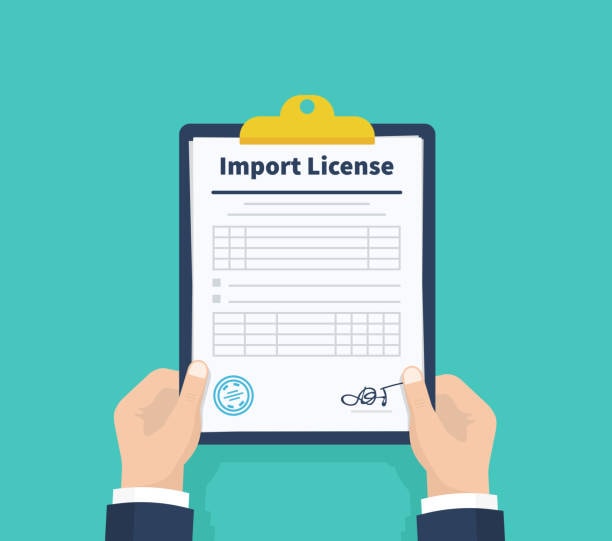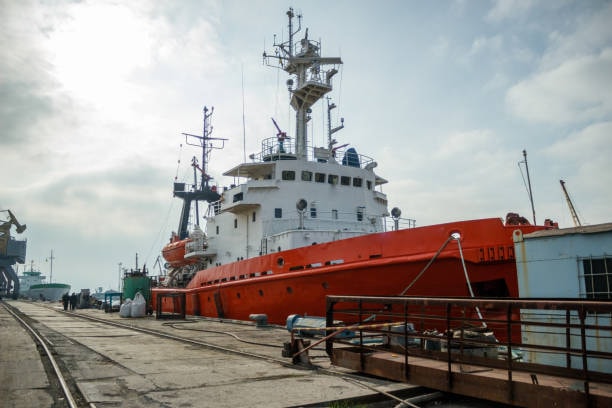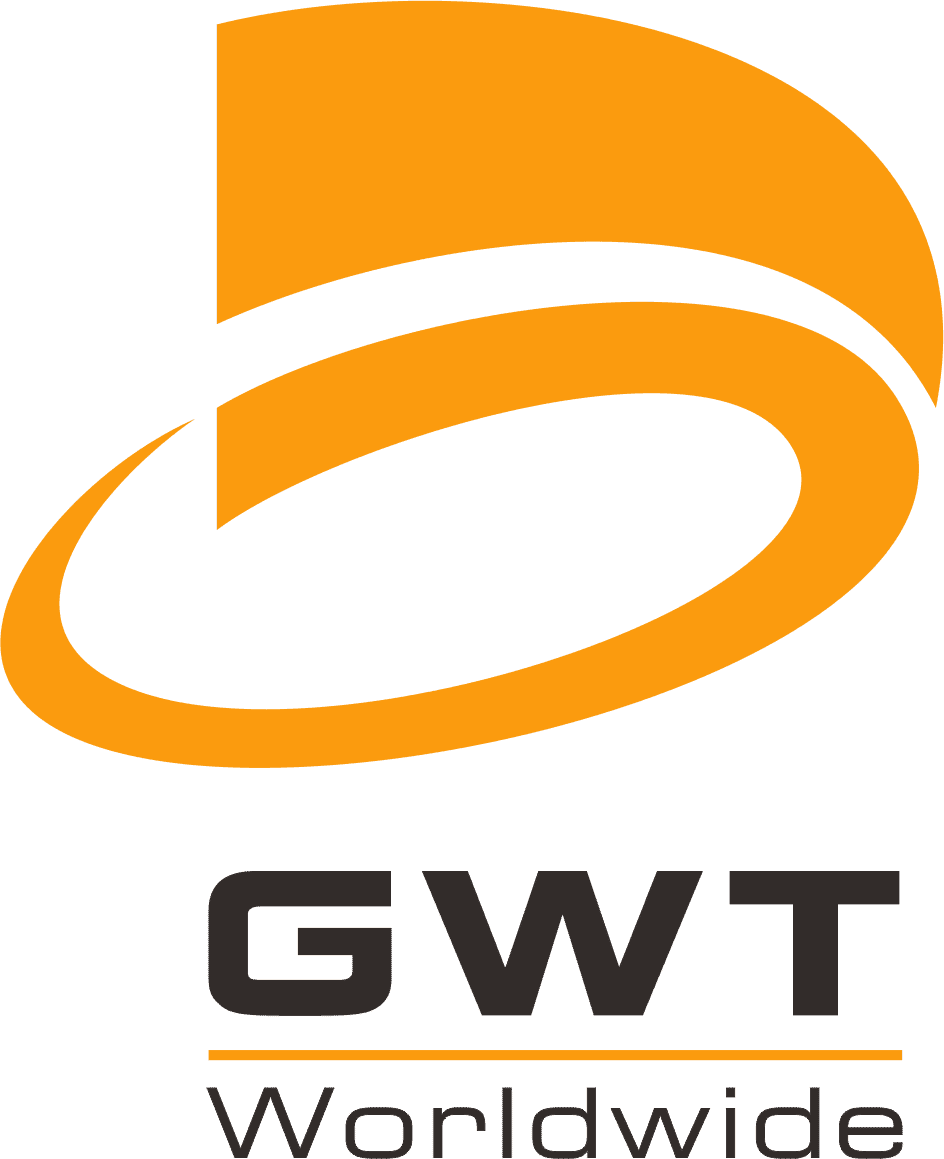
Introduction
Export licensing is an essential component of the international trading system that comprises of exporting and importing countries’ laws, including various export regulations . As countries also aim at controlling exports of goods, services, and technology, an export license is legal authorization given by a government for export licenses. These features assist nations in establishing protective legislation of national security, foster control of weapon distribution, ensure implementation of the trade bans as well as overseeing the transit of delicate technologies. This paper is an attempt to understand and elucidate export licensing, their classification, and the way of applying for them, and their significance in the international trading business.
Understanding Export Licenses

An export license is a permit that signifies approval from the government to engage in the export business in certain capacity. This bears the legal clearance to move goods, technology or service from one country to another with certain provisions export control classification number. Export license serves as measures that can be used by governments as means of controlling the flow of particular goods that require an export license in compliance with various economic policies and national security need an export license.

As far as the country of export is concerned, export control can be defined by the following:
- Physical goods and commodities
- Technical data and information
- Software and technology
- Services and consulting
- Research and intellectual property
Why Export Licenses Exist

The primary purpose of export licenses is about to fulfill several purposes of the government:
National Security Protection
Governments embargo issuing licenses for export of equipment and technology that would be considered as sensitive items under defense trade controls that may harm a country’s national security if they are obtained by the wrong parties export administration regulations. They assist in denying the adversaries the opportunity to posses capability that may pose a threat within the country.
Foreign Policy Implementation
Export licensing offers the government mechanisms by which is may impose political ideologies, through the use of economic sanctions against given country, persons or companies and institutions licensing agency. Thus, the control over the export implies that nations can apply diplomatic and economic sanctions and enforce them without necessarily going to war.
Preventing Proliferation
Export controls aim to ban the proliferation of weapons of mass destructions, conventional arms trade restrictions, as well as related technology. International measures such as the Nuclear Non-Proliferation Treaty rely on exports so as to control spread of nuclear weapons and technology items exported commercial invoice.
Protecting Scarce Resources
There are countries who limit the exportation of certain natural resources with the intention of safeguarding their supply or probably to control the price of the product in the market. This is mostly so with agricultural produce, unprocessed materials and natural resources and energy import license.
Types of Export Licenses

Export licensing differs from one country to another, however, most countries provide several export license options that are as follows:
General Licenses
They are kinds of licenses that apply to all the countries in the given list to export certain items without seeking the approval of each transaction exports require. These prior approvals help ease trade for articles that are categorized as having low risk and export destinations as well. Exporters would still need to remember that they operate under the general license, which would still have some measures attached to it.
Individual Licenses
Specific licensing relates to other particular activities with the controlled items or products that require licensing and must meet specific license requirements . These licenses are issued only on application and the exporter is required to submit further particulars regarding the particulars of the goods, the end users purchasing the product and the purpose of using the product. Several agencies analyse the application before they allow it to be approved for use government agencies.
Special Comprehensive Licenses
Some jurisdictions provide expansive licensing regimes for those exporters that are already accredited and who have clean records as regards compliance issues arms regulations. These types of license allow authorizations of several shipments in a given period effectively easing the burden for normal exporting companies.
The Export License Application Process
There are certain basic procedure followed in most of the countries to obtain an export license:
Export Classification
The exports have to firstly check for licenses as to their commodities within the context of national control lists. Many countries keep export control classification systems that classify items according to the technical parameters and the potential uses of military purpose.
End-User Screening
Outsourcing activity must ensure that the buyer is not on the restricted or sanctioned parties list. This due diligence process is useful in avoiding sale of products and services to those entities or persons who engage in terrorism, proliferation activities or any other activity that others may find improper.
Documentation Preparation
In most cases, the licence application process involves a number of formalities which include:
- Technical specifications of the items
- The use of end-use certificates to explain how products will be used novamente when starting on a free surgery a reference and an authorized linguistic copy is made to that license it will be signed by the user or buyer.
- Purchase orders and commercial documentation
- Import certificates from destination countries
- Transportation and shipping details
Application Submission and Review
Having compiled necessary documents, the exporter forwards the application to the right government body. As mentioned earlier, the review period depends with the sensitivity of the items over the periods that takes days, weeks, months and even several months.
Compliance and Record-Keeping
Once granted, export licenses impose certain areas of compliance among them being the record keeping compliance. Exporters need to keep records of the licensed transactions involving the products for years and even decades to avail to the government auditors on demand.
Consequences of Non-Compliance
If the exporter does not secure the necessary export licenses, there would be high consequences:
- Substantial civil and criminal penalties
- Denial of export privileges
- Damage to corporate reputation
- Supply chain disruptions
- Criminal prosecution of responsible individuals
International cooperation has risen in the last couple of years as law enforcement agencies shared information on export violations.
Export Compliance Best Practices
There are several good and effective measures that compliance programs of successful exporters should have:
- Remedial training for the human resources that are engaged in the international trade business
- Systematic screening procedures for customers and transactions
- Several things that need to be done include; Internal audits to be conducted so as to check for potential gaps on compliance.
- Usual measures and steps that can be taken in case of violation of the guidelines
- Technological aspects to support compliance management
Conclusion
Export licenses are vital for two main reasons, they act as regulatory tools that control both commercial and political aspects while at the same time pursuing national security goals. With the current phenomenon of the globalization and static and dynamics of international relations, the information on export licensing becomes more and more valuable for companies involved in exporting goods. However, as the assessment of these regulatory issues as intricate will testify, careful following of the licensing agencies rules is not inconsequential; the argument for continued engagement in relevant markets is sustainable when compliance is employed in a manner that is consonant with legitimated security concerns.




